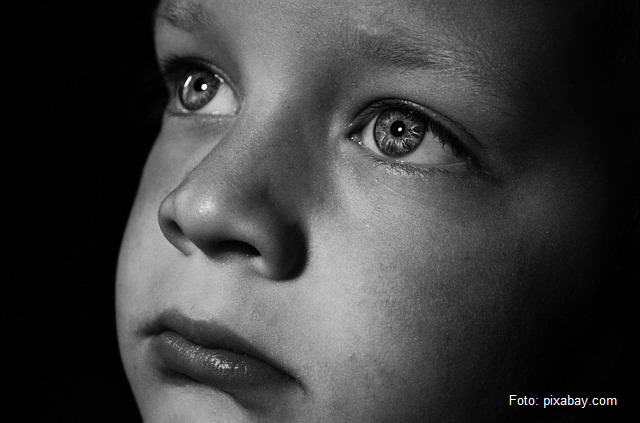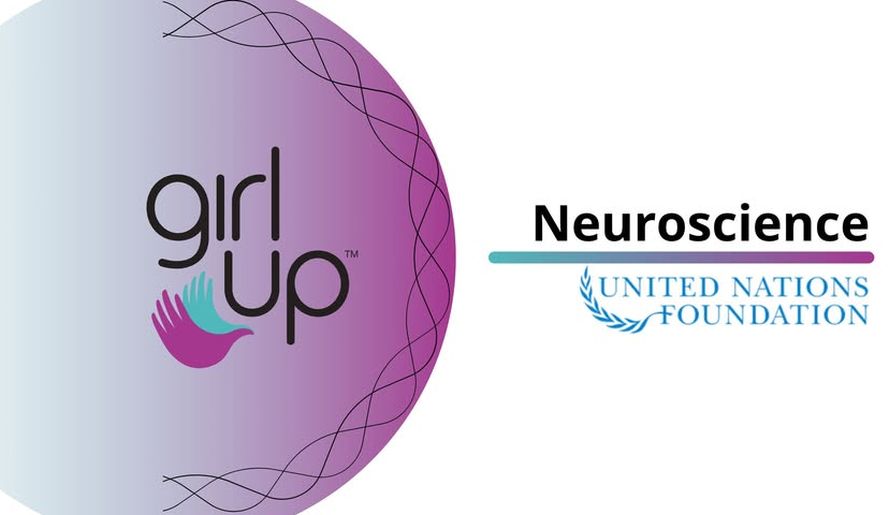How we talk to children about the war
War. Something adults do not understand very well, let alone children.

Luiza Moldovan, 01.06.2022, 14:00
The complicated situation in Ukraine has brought out an extremely sensitive issue. Maybe we can keep our children away from a dramatic situation in our family, but we certainly cannot cover their eyes when they see terrible images of war. How do we explain to children the drama of war? How do we prepare them to deal with complicated situations that may arise later in their own lives? Do we filter reality or not?
Heres psychologist Cristina Năstase’s opinion: “In a crisis situation, a child first and foremost needs safety. Lies, omission of information and false assurances cannot create safety. On the contrary. They deepen the uncertainty, throwing the child into a situation of total confusion, given that children can no longer trust their parents words. If parents don’t talk to children, they can somatize their distress, refuse to leave the house, become apathetic or, on the contrary, become angrier. Talk to your children as much as necessary, give them information, but not in excess. Give them only basic information, in a progressive way. Children need time to process. If a child asks a question about a certain situation, specific only to a certain event, it is important to answer that question alone and avoid enlarging upon the issue, but, still, show availability, a sincere openness, so that whenever the child has questions, he or she should know that the parent will answer it. If children come up with questions and parents deny them, children will be confused, they will think that the adult is lying, and the parents lose the opportunity to assure them that they are safe. But parents are supposed to be the children’s safe haven. Parents, especially of children aged up to 11-12 years, can filter and translate the information to make it accessible to them. They can reassure them, encourage them to let out their emotions, and be there for them. Not talking to them means letting them fill the narrative gap, and the child will think like this: if they hide this from me, it must be something serious, which leads to increased anxiety. If they dont tell me, it means they dont trust me, which leads to lower self-esteem. So, be honest and direct, but without extreme details.”
Next Cristina Năstase will tell us how we should approach the subject of death with children of different ages and will also talk about the role of the parent in this equation: “It is recommended to start from what children already know, then they should be encouraged to ask questions. They should also be helped to share their feelings of worry, fear, anger, sadness and compassion. What’s the role of parents? To explain, depending on age, what war is. There are history books for kids that parents can get inspiration from, to give explanations to their kids. You can read them stories about battles in which the good wins. Or you can watch animated films or movies with them, adapted from history books. It is very good to play with your children war games, if this game is initiated by the child. The game helps them release their fear and project in the game their war-related fantasies, a game in which you should let the children be in control. Most likely, this game will be initiated by younger children and children of up to 9-10 years. Maybe with the older kids you can use strategy games or video games. Humor is an important resource, because it releases pressure, puts things in perspective and produces joy, and laughter has the potential to wave off fear and anger. For some children it may be enough. Others would ask if people who are fighting a battle die. And you will have to tell them the truth, and answer other questions related to death, because the fear of war ultimately boils down to the fear of death. You can reassure them that they will not die, and neither will you, the parents, because the adults from all countries are working to solve the situation, you assure them that this is not their responsibility, that they do not need to feel guilty, that they can play with their friends, and they can continue do everything they enjoy. Parents can tell children that themselves, as adults, feel the same emotions, worries, sadness, anger, and that they are sure that the war will not extend, that our country will not be at war. They can say that it is important to focus on what we have to do every day, that we can help those from Ukraine, that they can also help if they want to, that it is important to be united, that together we can resist better. Children will feel safe as the grown-ups explain them what is happening. They won’t let themselves be overwhelmed, they dont cry, theyre not terrified.”
Psychologist Cristina Năstase also teaches us how to talk to teenagers about war: “The big children, the teenagers have a representation of what war entails. What consequences derive from this? They know this from books, movies, friends, history classes, and from TV. Never before has the war been so close. With them, parents need to check the source of information. To bring clear, logical arguments to help them calm down. You need to validate their emotions, accept when they tell you that they are not afraid, although their behavior says something else, to help them become aware of the relationship between their thoughts and emotions, to work with thoughts, to make them think rationally. You can share, as parents, your own views about the war, you can encourage them to talk about theirs. You can talk to them about how we can help refugees. Pick a time in the day when to talk about what changes have occurred in the course of events, if they appear more anxious than the previous day. Be open to discussions, but dont prolong them excessively.”
Do not try to cancel children’s emotions, talk together about their emotions. Thus, children will feel safe and will learn about themselves, says Cristina Nastase: “Although they are difficult for adults, these conversations should take place. Such a dialogue should be seen as an open door to other future discussions on complicated topics. Adults must accept childrens emotions, not repress them, and find, to the extent to which this is possible, appropriate answers to their questions, so that the image they will process should be as appropriate as possible for their understanding. Do not forget that children can experience strong emotions, but not for too long. The better you master them, the faster they pass. By talking about fear, you bring it out and help the child calm down. Parents don’t have to have perfect answers to all the problems and questions. Analyzing a topic with children is the way to teach children to navigate through ambiguous feelings, to think difficult, complicated things through, which will increase their psychological resistance to them. Parents shouldn’t be afraid to say ‘I dont know’ and ‘I cant’. Showing ones own vulnerability, in a calm and self-controlled manner, is useful, because it encourages the expression of feelings.” (LS)






























